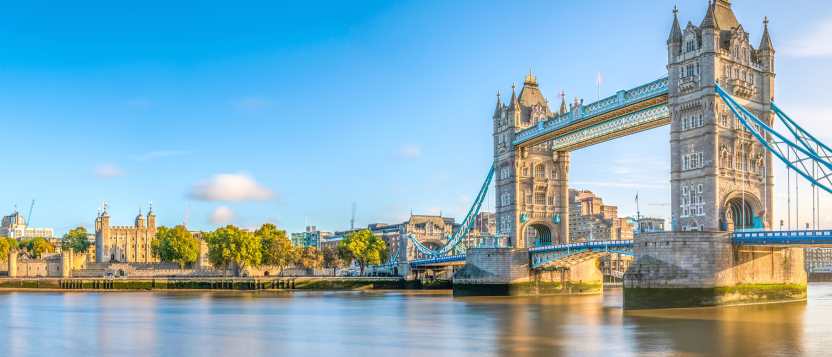- by foxnews
- 08 Apr 2025
Brexit's impact on UK tourism: Current challenges and future outlook
Since the United Kingdom's departure from the European Union, commonly known as Brexit, the nation's tourism industry has faced a series of challenges and transformations.
- by travelandtourworld
- 20 Feb 2025
- in travel

Since the United Kingdom's departure from the European Union, commonly known as Brexit, the nation's tourism industry has faced a series of challenges and transformations.
These changes have been influenced by new immigration policies, economic shifts, and evolving perceptions among international travellers.
Decline in Tourism Spending
Recent data indicates a notable decline in tourism spending in the UK compared to figures from 2019, the last full year before the COVID-19 pandemic and Brexit.
This decline suggests that despite an increase in visitor numbers, the actual economic benefit from tourism is not keeping pace with rising costs.
Policy Changes Affecting Tourism
One significant policy change post-Brexit is the requirement for European Union citizens to present passports rather than identity cards when entering the UK.
This shift has particularly impacted sectors like international student travel, as many EU citizens previously relied on identity cards for ease of movement. The additional requirement has introduced a barrier that may deter spontaneous or short-term visits from neighbouring countries.
This system requires all foreign visitors, excluding Irish citizens, to obtain authorization before traveling to the UK.
While the ETA aims to enhance border security, there are concerns that the added cost and administrative process may deter potential tourists, especially from European markets where travel to the UK was previously more straightforward.
Competitiveness in the Global Tourism Market
VisitBritain has expressed concerns that the UK may lose its competitive edge in the global tourism market.
Factors contributing to this potential decline include increased travel costs, additional administrative requirements, and perceptions of the UK as a less welcoming destination post-Brexit.
The sharp rise in tourism-related prices, outpacing overall inflation in the UK economy, further exacerbates these challenges.
Opportunities for Growth
Despite these challenges, there are opportunities to revitalize the UK's tourism sector. The United States remains the largest and most valuable visitor market for the UK, accounting for a significant portion of inbound visitor spending.
Focusing on growth markets such as Australia, major European countries, and Gulf Cooperation Council nations could help offset declines from other regions.
Strategic marketing and tailored travel packages could attract visitors from these areas, contributing to the UK's goal of welcoming 50 million international visitors annually by 2030.
Conclusion
Brexit has undeniably introduced complexities to the UK's tourism industry, from policy changes affecting traveler convenience to economic factors influencing spending.
To navigate these challenges, a multifaceted approach is essential. This includes policy adjustments to facilitate easier entry for tourists, competitive pricing strategies, and targeted marketing campaigns to attract visitors from diverse markets.
By addressing these areas, the UK can work towards sustaining and growing its tourism sector in the post-Brexit era.
- by foxnews
- descember 09, 2016
Ancient settlement reveals remains of 1,800-year-old dog, baffling experts: 'Preserved quite well'
Archaeologists have recently unearthed the remarkably well-preserved remains of a dog from ancient Rome, shedding light on the widespread practice of ritual sacrifice in antiquity.
read more




